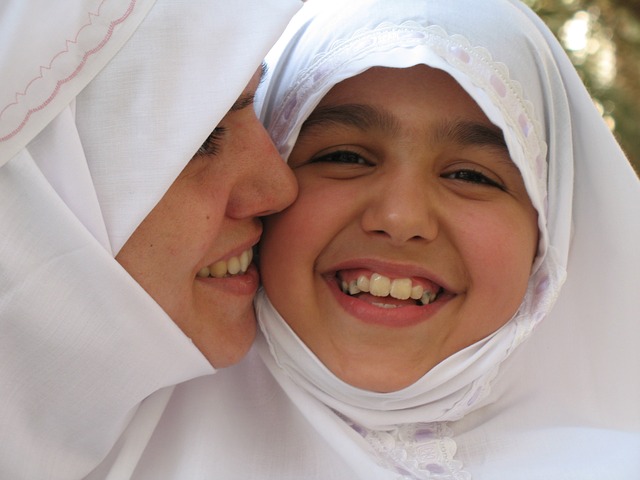Donald Trump's attack on Islam, particularly his efforts to impose a temporary travel ban from seven (recently changed to six) predominantly Muslim countries, has rightly caused outrage in this country.
Some of the comments seem to suggest though that the events in the United States during these early weeks of the Trump administration are a type of madness unimaginable in New Zealand. We haven't come anywhere close to a "Muslim ban", but this country's past policies in relation to Muslim immigration are by no means beyond reproach. Could populist and xenophobic policies surface in future?
Discrimination on the basis of ethnicity and religion characterised New Zealand's immigration and refugee policy until the late 1980s. The country wanted British immigrants. Small numbers of refugees from the Middle East began arriving in New Zealand from the late 1970s, comprising people of Baha'i and Christian backgrounds.
The admission of Muslim refugees remained controversial. In response to pressure from the United Nations High Commissioner for Refugees (UNHCR) to resettle Iranian refugees in 1985, New Zealand said that it wasn't prepared to accept any Iranian refugees other than those of the Baha'i faith. In the mid 1980s, churches and groups (such as Islamic Associations) approached the New Zealand government to accept refugees from Afghanistan.
New Zealand was unwilling to accept more than a very small number largely due to the perception that the refugees, who were "devout" Muslims from rural often nomadic backgrounds, would have difficulty fitting in.
The 1987 Immigration Act reflected a major policy shift. It ushered in the selection of immigrants on the basis of their skills and qualifications rather than their ethnicity and religion. New Zealand's refugee quota of 800 (later reduced to 750) was set up at this time.
The refugees would be accepted because of their need for protection (and sometimes on a regional basis) not on the basis of their religion or ethnicity. Refugees from the Middle East and Africa, who were Muslim, arrived in significant numbers, escaping war, famine and economic collapse which displaced millions of people.
Among the newcomers were Somali refugees who arrived in the early 1990s. Staff at the organisation then charged with settling refugees recalled the debate about their acceptance. There was anxiety about their being Muslim. What if they are fundamentalists? What about female circumcision?
There were concerns about the group of 50 Muslim refugees from Saudi Arabia New Zealand accepted in the mid 1990s after the Gulf War.
According to some people involved in refugee resettlement at that time, the issue was not religious bias against the Muslim faith but ease of settlement in the community. If the cultural differences were too large, the community wouldn't cope. If the community couldn't accept the refugees, their chances of having good settlement outcomes were poor.
Increased security concerns after the terrorist attacks of September 2001 (9/11) impacted on the selection of refugees, with immigration reports on quota composition referring to the need to ensure that cases did not pose a security risk. The high-profile case of Algerian asylum seeker Ahmed Zaoui, a lecturer in Islamic traditions, shows how the new security concerns affected the way New Zealand dealt with asylum seekers.
Zaoui arrived in New Zealand in 2002, seeking political asylum. He was detained and transferred to the maximum security prison at Paremoremo, where he was kept in isolation for 240 days. In 2003, New Zealand declined Zaoui's application for refugee status on the grounds that though he had a well-founded fear of persecution in Algeria, there were "serious reasons" for considering that he had committed terrorist or non-political crimes. Read More: stuff

No comments:
Post a Comment